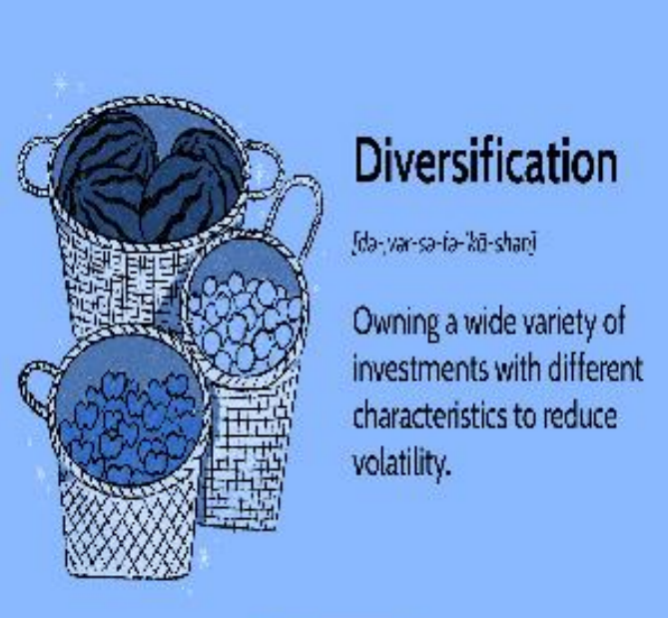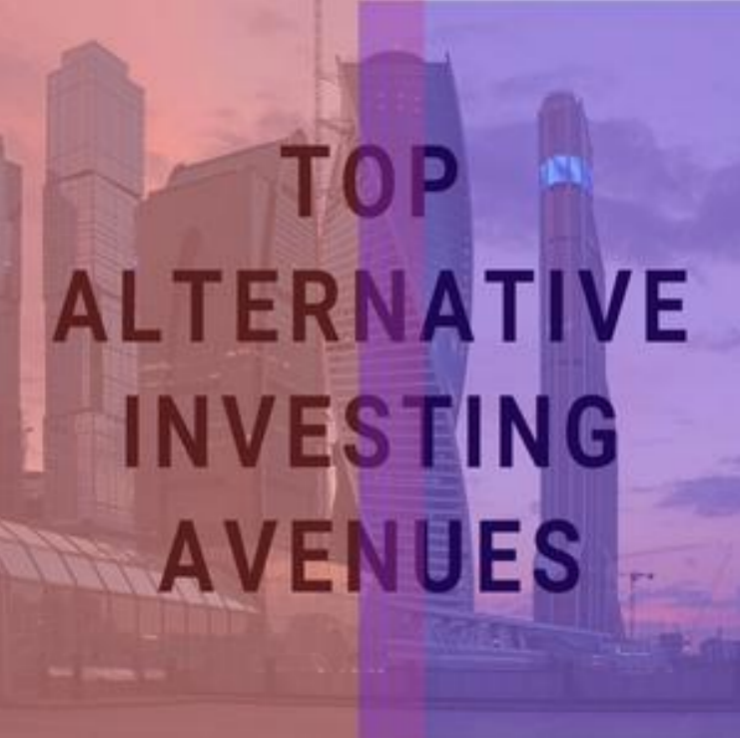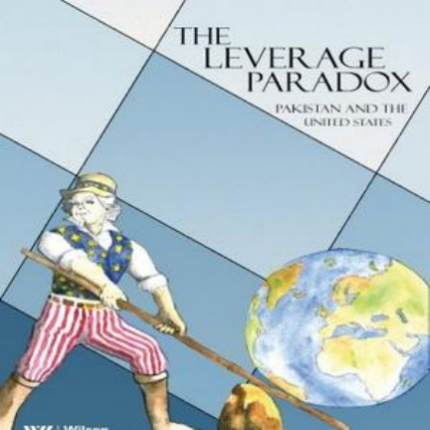In the current unpredictable worldwide economy, wealthy individuals are seeking international investment strategies to protect and increase their wealth. By diversifying their investments in different countries, they reduce risks and discover chances in various markets, sectors, and asset types.
The Imperative of Diversification
Focusing investments in one market can put portfolios at high risk. A decline in the local economy, political instability, or a natural disaster can severely damage a portfolio that lacks diversity. For example, in the 2008 financial crisis, numerous investors who invested solely in the U.S. housing market faced huge losses. By diversifying globally, these risks can be mitigated because economies progress at different rates. While the European economy was struggling with a debt crisis, countries in Asia, such as China and India, were still enjoying strong growth. This shows the advantages of distributing investments across various regions.

Emerging Markets: High-Reward Horizons
Investing in emerging economies in Southeast Asia, Africa, and South America can be very appealing. For instance, Nigeria, known as Africa’s economic leader, has a vibrant fintech scene. Startups like Flutterwave in Lagos are leading the way in mobile payment solutions for people without bank accounts, managing billions in transactions each year. On the other hand, Vietnam attracts major companies like Samsung due to its low labor costs and improved infrastructure; Samsung’s operations in Vietnam play a crucial role in producing many of its smartphones, which supports the country’s growth through exports and draws in significant foreign investment.
However, these markets also come with political and regulatory challenges. Rapid changes in policies within these emerging economies can affect business activities. To navigate these issues, thorough research is essential, including evaluations of political stability, regulatory environments, and market competition. Additionally, the rising middle class in these areas increases the demand for consumer goods, creating new opportunities for investments in sectors like retail, consumer electronics, and luxury items.
International Real Estate: A Dual-Edged Asset
Real estate continues to be a favored choice for many investors. Major cities such as London, New York, and Singapore provide valuable properties with great potential for price increases and rental earnings. For example, wealthy buyers are attracted to London’s Mayfair and Knightsbridge, where high-end apartments not only hold their value but also significantly increase in worth and command high rents from global tenants.Markets in Eastern Europe, including Budapest and Prague, offer chances to invest at lower prices while showing strong prospects for future growth. Increased tourism and business activities are fueling the demand for both residential and commercial properties in these regions.
Investors are also showing interest in sustainable real estate. Eco-friendly buildings that use less energy help reduce costs and attract environmentally conscious renters, contributing to long-lasting stability in the market.
Global Equity Portfolios: Spreading the Risk
Global stock portfolios help minimize risks related to sectors and regions. Technology companies from the US fuel growth, whereas major Swiss pharmaceutical companies such as Roche and Novartis provide stability during economic slumps. Growth is also found in emerging markets: Indian fintech companies like Paytm are changing the finance landscape, while the Brazilian renewable energy sector grows with government backing, moving beyond established markets.

Alternative Investments: Unconventional Avenues
Alternative investments help to spread out the risk in portfolios. Global macro hedge funds operate in various markets to reduce fluctuations. Private equity in places like Silicon Valley can provide significant returns, as shown by companies like Airbnb and Uber. Impact investing in developing regions, including clean water projects in Africa and renewable energy in Southeast Asia, seeks to combine profit with social and environmental benefits.For wealthy investors, spreading investments across different asset types helps to control risk and encourage growth. Skilled advisors play an important role in customizing strategies to match personal objectives and levels of risk tolerance.



